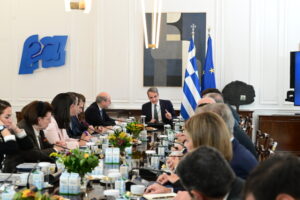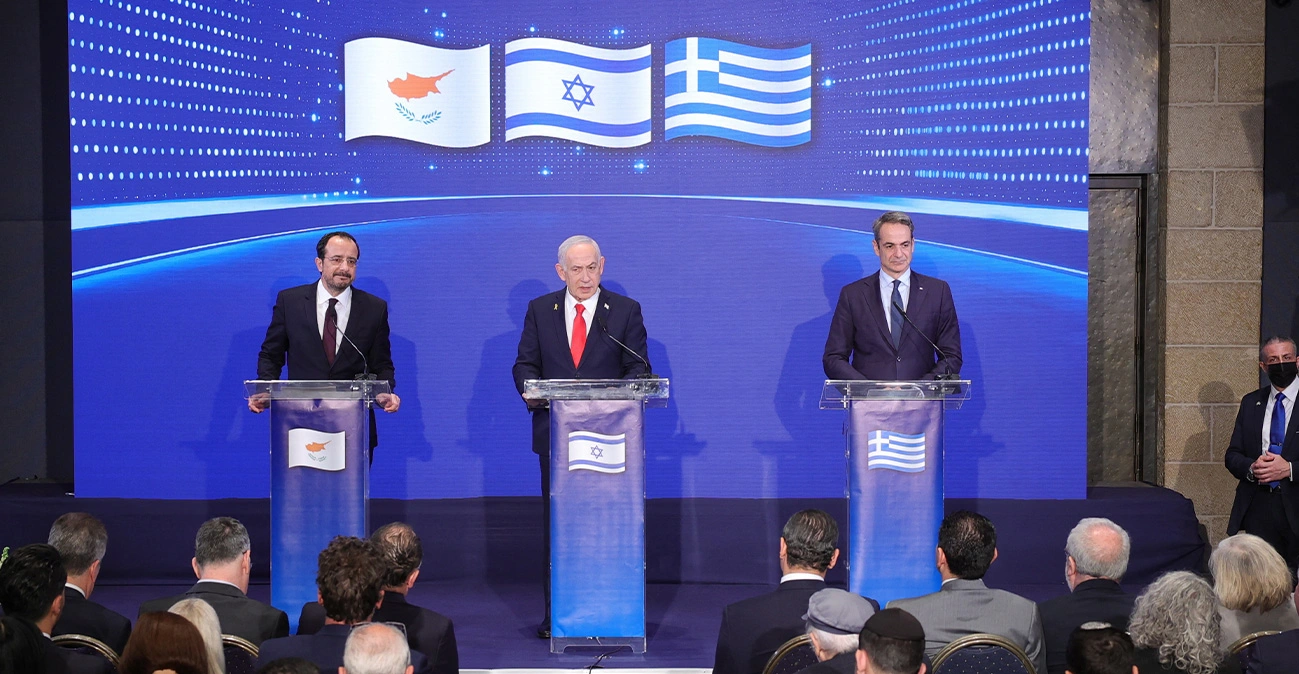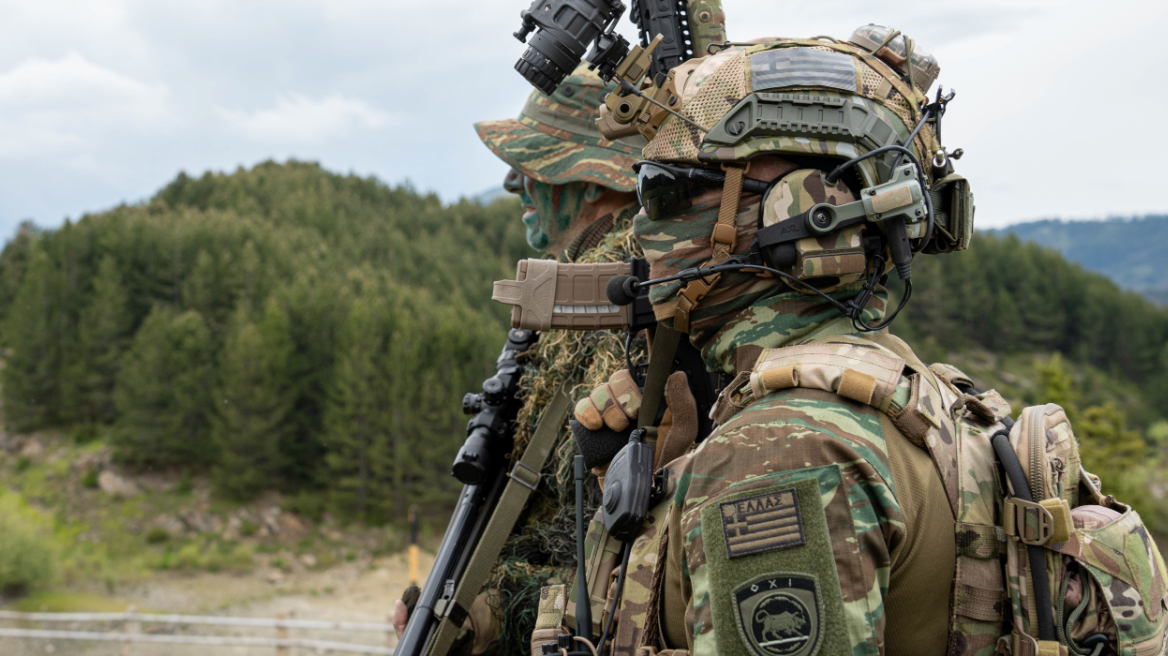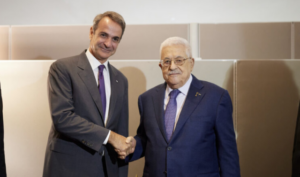After jetting into the capital of Ghana, the international arms broker who called himself “Excellence” greeted his buyers at the Golden Tulip hotel and proposed a secret sale: millions of dollars in missiles and grenades for use against American forces.
“Who else knows I’m with Hezbollah?” Faouzi Jaber asked as night fell on the four-star hotel with a life-sized sculpture of a giraffe in the lobby.
Jaber, who was representing a top operative for the Iran-backed terrorist organization, offered to sweeten the deal. He would help the buyers secure coveted positions as special diplomats — known as honorary consuls — who can travel easily through airports and transport their bags without law enforcement scrutiny.
“I will make you a consul in your country,” Jaber said. “All of your friends will be consuls because when we travel —”
His associate cut in: “You’ll have a diplomatic pass.”
Jaber’s covert offer in the fall of 2012, recorded by federal investigators, promised protection through a little-known international program that gives countries large and small the ability to enlist private citizens to serve as volunteer diplomats around the world.
Founded centuries ago, the honorary consul system was meant as a lifeline for countries unable to afford foreign embassies but has since broadened into a mainstay of international relations, embraced by a majority of the world’s governments.
Unlike ambassadors and other professional emissaries, consuls work from their home countries, drawing on connections and clout to promote the interests of the foreign governments that appoint them. In exchange, consuls gain entry into the lofty world of diplomacy and receive some of the same protections and perks provided to career diplomats.
Under an international treaty, their archives and correspondence cannot be seized. Their consular “pouches” — bags, boxes and shipping containers of any weight and size — are protected from searches. The title and swag, which can include special identity cards, passports and license plates, open doors in industry and politics.
But corrupt, violent and dangerous appointees, including those accused of aiding terrorist regimes, have turned a system meant to leverage the generosity of honorable citizens into a perilous form of rogue diplomacy that threatens the rule of law around the world.
Read more: ICIJ
Ask me anything
Explore related questions





